Introduction
Acne is one of the most common skin conditions in the world, affecting about 85% of people between the ages of 12 and 24 at some point in their lives. It doesn’t just impact teens—adults also experience breakouts due to hormones, stress, or poor skincare habits.
Whether you’re dealing with occasional pimples or chronic acne, understanding the real causes and proven treatments can help you achieve clearer skin.
What Causes Acne?
Acne develops when your hair follicles become clogged with oil (sebum) and dead skin cells. Several factors contribute to this process:
1. Excess Sebum Production
Hormonal changes, especially during puberty, cause the sebaceous glands to produce more oil.
2. Clogged Pores
Dead skin cells that aren’t shed properly can block pores, trapping bacteria inside.
3. Bacterial Growth (Cutibacterium acnes)
This bacteria thrives in clogged follicles and leads to inflammation, redness, and pus.
4. Hormonal Fluctuations
In women, acne often flares during menstrual cycles, pregnancy, or polycystic ovary syndrome (PCOS).
5. Diet and Lifestyle
High glycemic foods, dairy, and processed sugar may worsen acne in some individuals.
Common Myths About Acne
| Myth | Truth |
|---|---|
| Eating greasy food causes acne | Diet can influence acne, but greasy food itself isn’t the main cause |
| Only teenagers get acne | Adults can have hormonal or stress-related breakouts |
| You should pop pimples to heal | Popping can worsen inflammation and cause scarring |
| Sun exposure clears acne | UV rays may dry pimples short-term but worsen acne long-term |
| Washing your face often helps | Over-cleansing can strip oils and trigger more breakouts |
Types of Acne
- Whiteheads – closed clogged pores
- Blackheads – open clogged pores
- Papules – small red, tender bumps
- Pustules – pimples with pus at the tip
- Nodules – large, painful lumps beneath the skin
- Cystic Acne – deep, inflamed, pus-filled breakouts (most severe)
Proven Treatments That Actually Work
✅ Topical Treatments
- Benzoyl Peroxide: Kills acne-causing bacteria and reduces inflammation
- Salicylic Acid: Exfoliates the skin and unclogs pores
- Retinoids (Tretinoin, Adapalene): Increase cell turnover and prevent clogging
- Azelaic Acid: Fights bacteria and lightens dark spots
✅ Oral Medications
- Antibiotics: Reduce bacteria and inflammation (e.g., doxycycline)
- Hormonal Treatments: Birth control pills and spironolactone help regulate hormones
- Isotretinoin (Accutane): A powerful option for severe or resistant acne
⚠️ Always consult a dermatologist before starting oral medications.
✅ Lifestyle and Skincare Tips
- Wash your face twice daily with a gentle cleanser
- Avoid harsh scrubs that irritate the skin
- Use non-comedogenic (oil-free) skincare and makeup products
- Change pillowcases regularly
- Manage stress through exercise or meditation
Natural Remedies That May Help
- Tea Tree Oil: Anti-inflammatory and antimicrobial
- Green Tea Extract: Reduces sebum and inflammation
- Zinc Supplements: Helps reduce acne severity in some cases
These may be helpful for mild acne but should not replace medical treatments.
When to See a Dermatologist
Seek professional help if:
- Over-the-counter treatments aren’t effective
- You have painful cystic acne or scarring
- Acne affects your self-esteem or mental health
Conclusion
Acne is treatable, and with the right approach, you can significantly improve your skin health. Avoid falling for myths, be consistent with treatment, and don’t hesitate to get expert advice when needed.
ABOUT THE AUTHOR
Dr. Nora West is a highly skilled MBBS doctor with a special interest in women’s health and patient education. She is dedicated to providing compassionate care and believes in building strong doctor–patient relationships based on trust and understanding. Dr. Nora focuses on empowering her patients with the knowledge they need to make informed decisions about their health. She is particularly passionate about preventive medicine, nutrition, and lifestyle interventions that can significantly improve quality of life. Known for her warmth and professionalism, Dr. Nora combines evidence-based medicine with a personalized approach, ensuring every patient feels supported on their journey to better health.
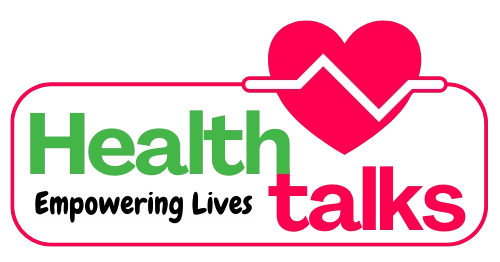
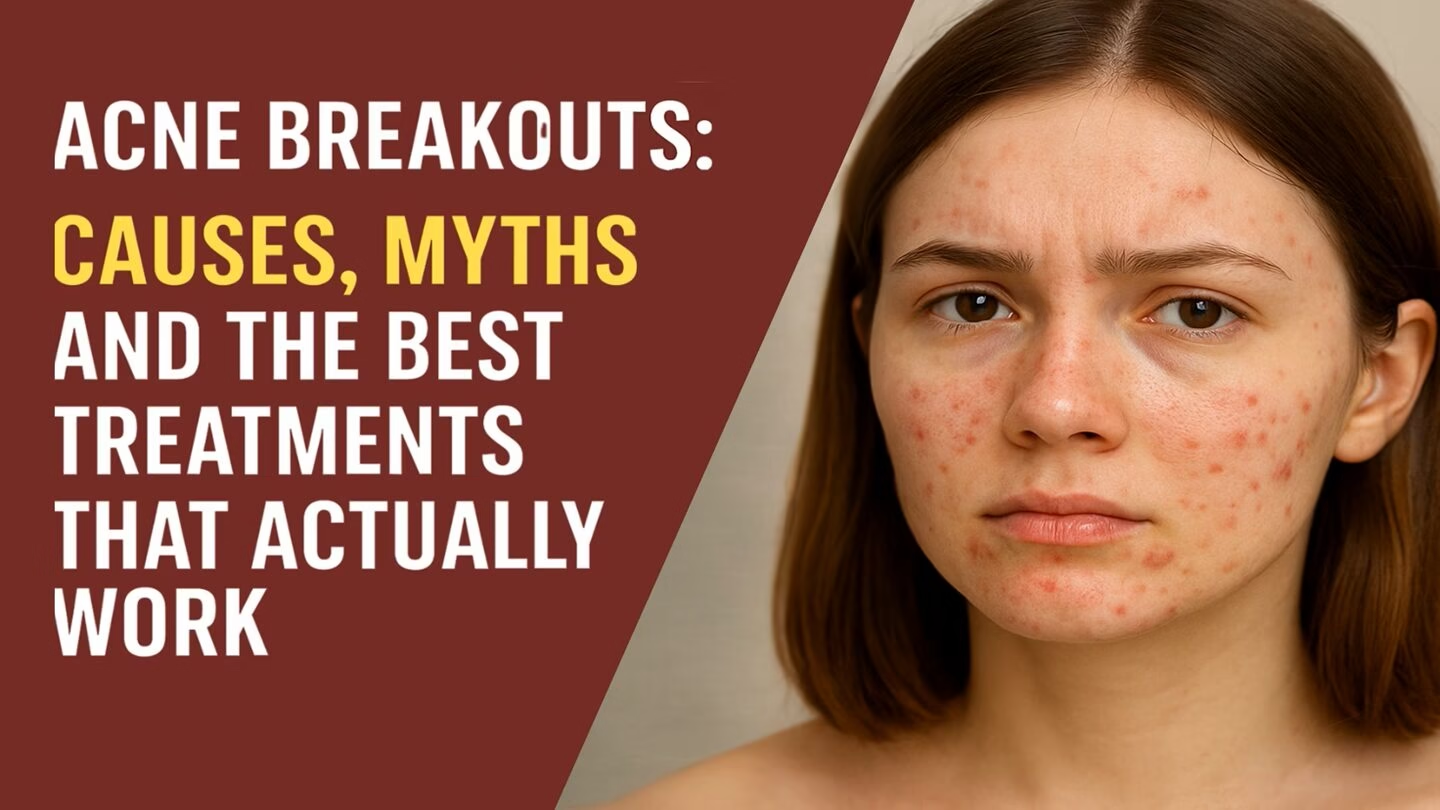


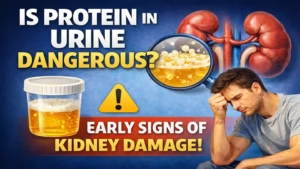

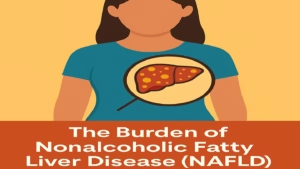

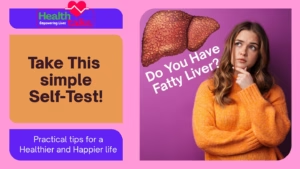
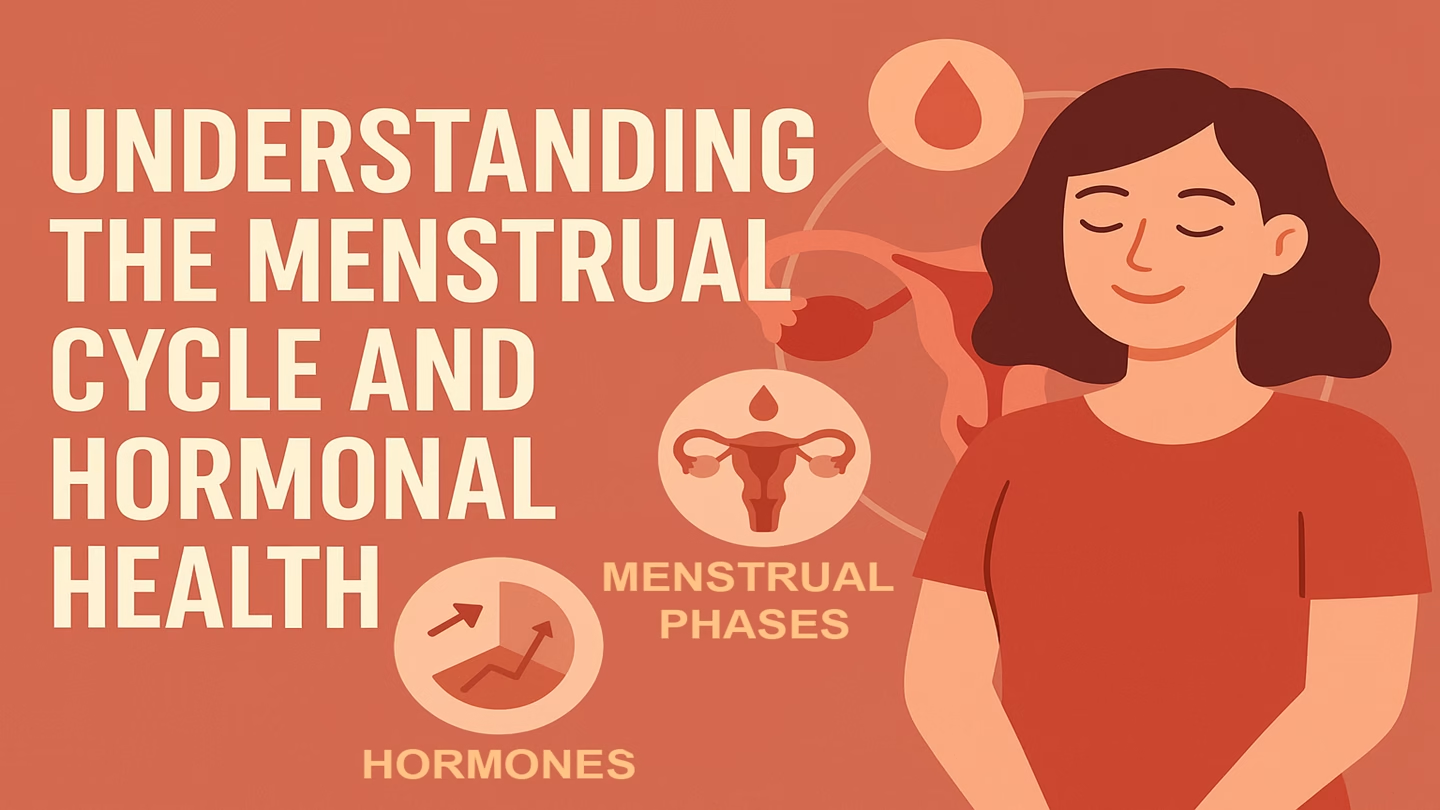
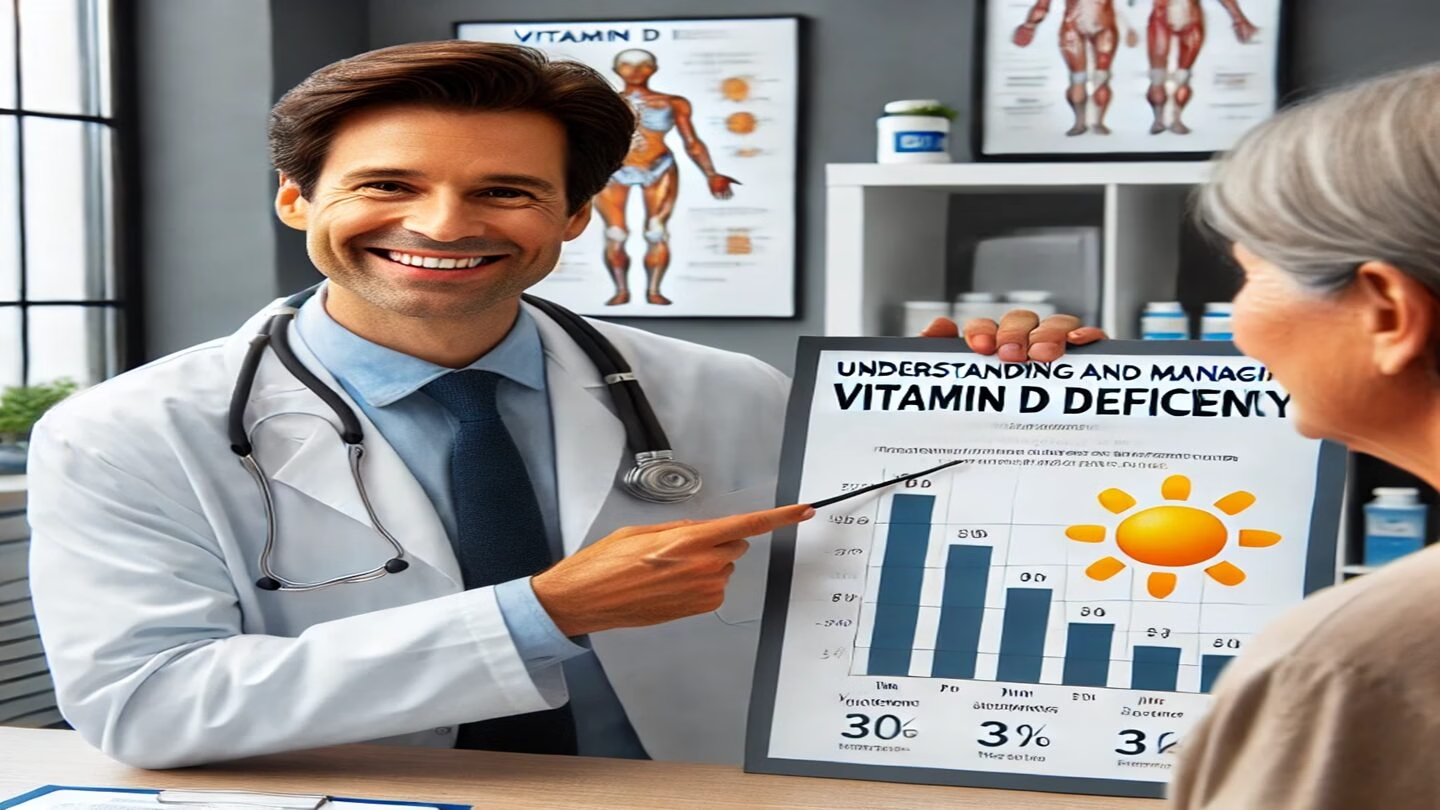

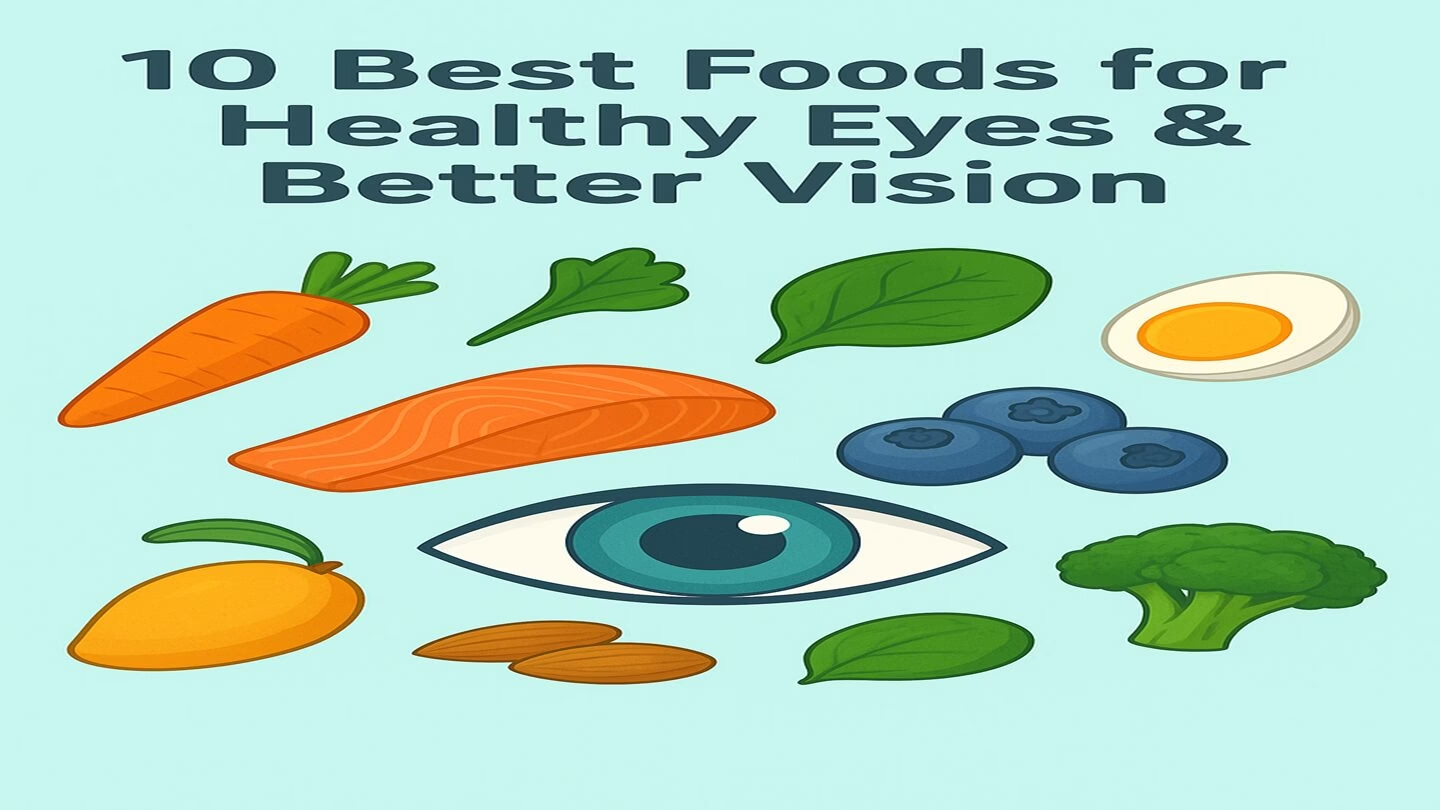

Add comment